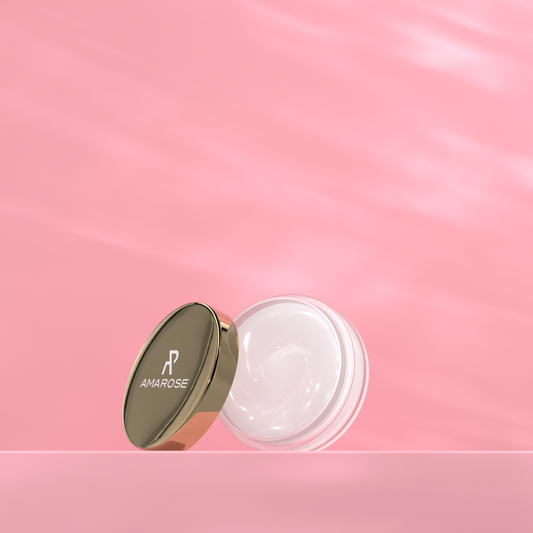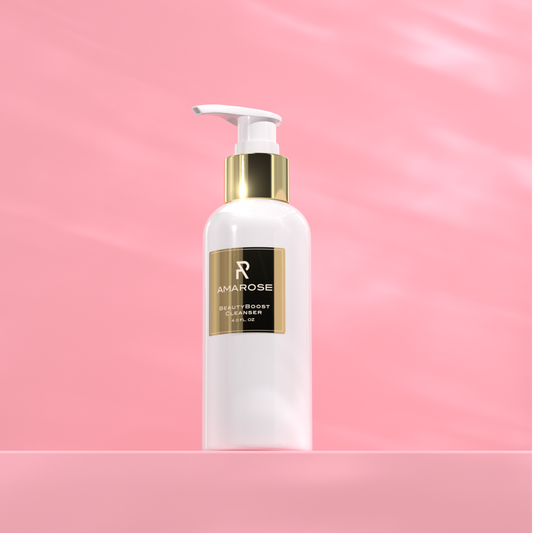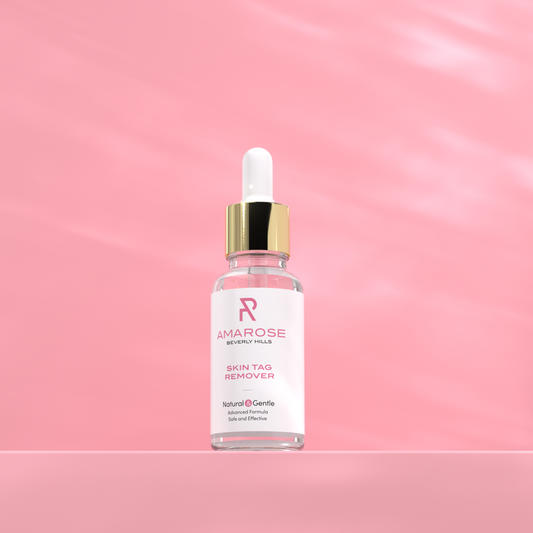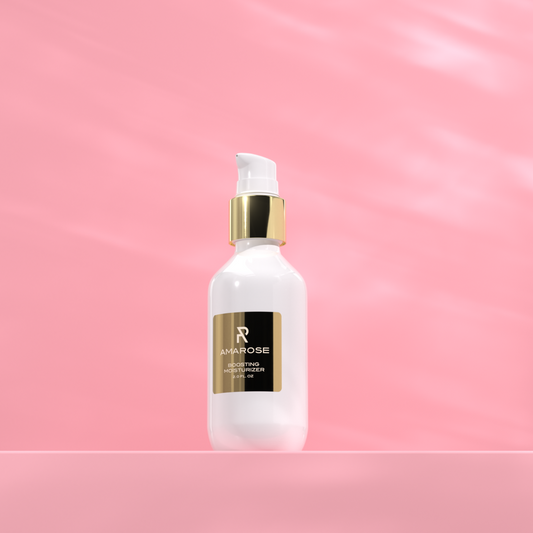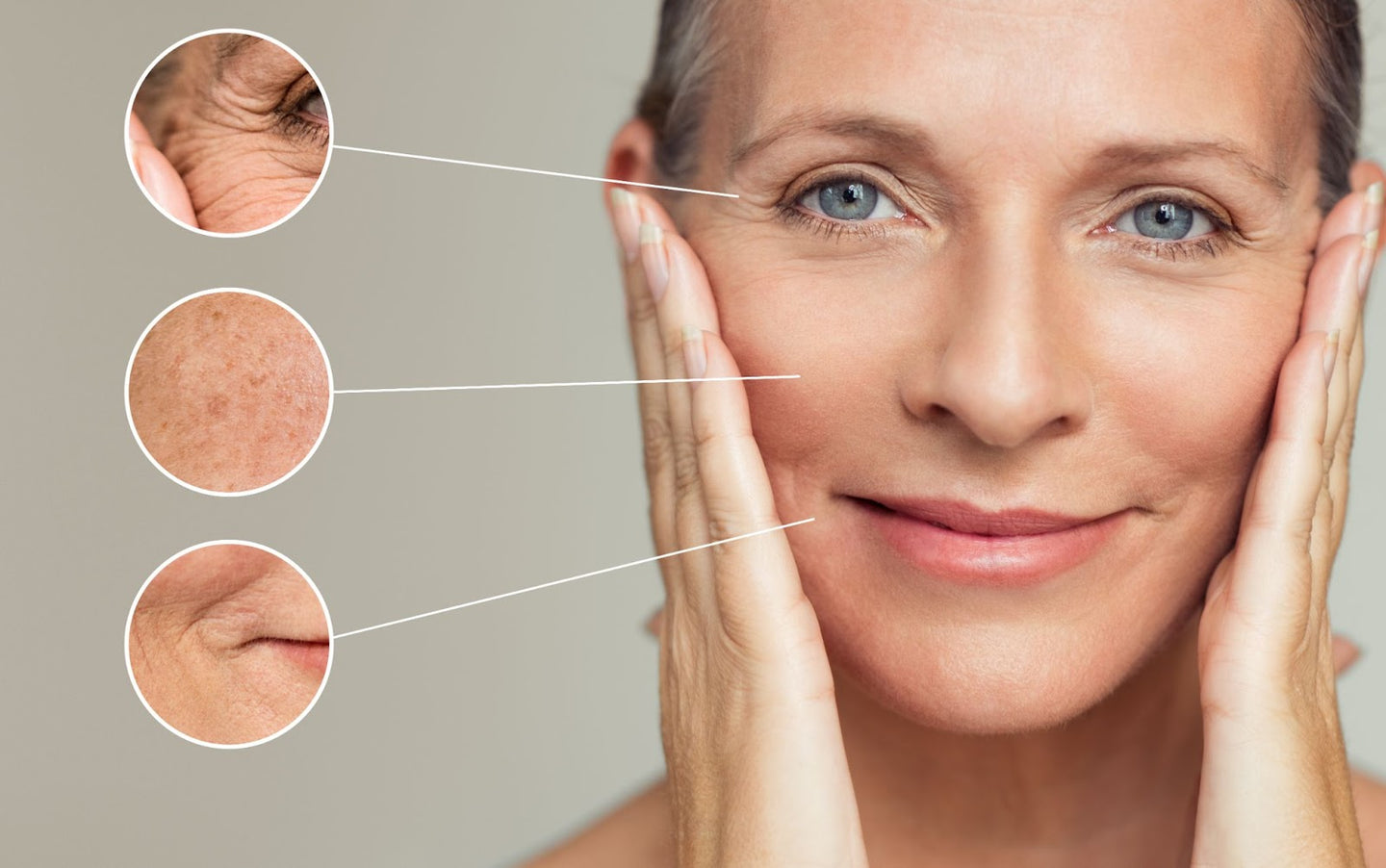

What Is Skin Microbiome and How to Protect It?
The microbiome is the set of microorganisms that inhabit the skin, protecting it from infections and external aggressions. An unbalanced dermal microbiome increases the risk of skin disorders.
What is the skin microbiome, and how can we protect it?
The dermal microbiome is the set of microorganisms that inhabit the skin and keep it protected from infections and external agents.
The term microbiota refers to our intestinal flora and is already very familiar to us. We know that if there is a good balance in the bacterial population that inhabits our intestine, we will have better health because there are countless scientific studies that corroborate it,
- we will be protected against infections,
- we will improve our digestive health,
- and even help prevent Alzheimer's disease.
But microorganisms don't only live in our gastrointestinal system. They also live in the mouth, in our genitals, and on the skin. And nowadays, there is a special interest in those that reside precisely on the skin. For this reason, many cosmetic companies are investing in researching master formulas that include probiotics and prebiotics to protect this microbiome.
What is a skin microbiome, and what is it for?
The skin microbiome is the set of microorganisms that inhabit the skin. It is estimated that we have about a thousand different species of bacteria in the dermis. In addition, the dermal microbiome is also composed of fungi, parasites, and viruses. This entire population, which is unique to each person, is a key pillar in the defenses of the dermis.
The microbiome has a saprophytic function, that is, a mutually beneficial one: living with us they get food, and, in return, they keep pathogenic microorganisms at bay that could be harmful if they grew too much. When the microorganisms that form the microbiome are in perfect balance your skin is
- Protected because it releases antioxidants, which give you a super protective shield against pathogens and external aggressions.
- Soothed - it is less irritated and inflamed.
- Repaired - it recovers sooner from any aggression and is much more resistant.
What happens if you have an unbalanced skin microbiome?
In the same way that a balanced dermal microbiome protects your skin, an imbalanced microbiome lets harmful bacteria or pathogens proliferate and can cause disorders such as:
- Rosacea. In this disease, the capillaries of the skin dilate very easily to any stimulus (a simple hot shower or spicy food), causing redness, irritation, and itching. In more advanced stages, pustules appear. The cause of rosacea is suspected to be an excessive proliferation of the parasite Demodex folliculorum.
- Acne. It is due to the proliferation of the bacterium P. Acnes.
- Atopic dermatitis. It is associated with a skin infection caused by bacteria, fungi, candida, and viruses.
What factors can damage the skin microbiome?
Several causes can alter skin microbiome, including:
- Antibiotics. In the same way, they kill the bacteria that cause the disease, antibiotics also destroy the protective bacteria. Therefore, after antibiotic treatment, special attention should be paid to the microbiome to restore it. Topical antibiotics are also harmful if taken without a prescription because they cause resistant strains and make these products less effective.
- Perfumes with high alcohol content.
- Excessive hygiene. It can attack the skin's pH, and we must not forget that microorganisms need an environment in optimal conditions to survive.
- An unbalanced diet, rich in fats and sugars. It generates free radicals that alter the microbiome.
- Pollution and stress. By different mechanisms, they end up generating a negative action similar to that of food. A study by the University of Hong Kong has shown that pollution causes changes in the composition of skin microorganisms that accelerate aging.
- Any product that irritates the skin (detergents, creams, make-up products).
How to restore the balance of the skin's microbiome?
Following a well-balanced diet such as the Mediterranean one is the best protective shield for your microbiome. But using olive oil is not enough. In the true Mediterranean diet, there are no ultra-processed products, which are the foods richest in sugars, fats, salt, and additives. It is very rich in fruits and vegetables, which act as prebiotics in the intestine, that is to say, they serve as food for the good bacteria. Good fats such as those provided by olive oil and nuts are abundant in the Mediterranean diet, so consider adding these products to your eating regime.
Use skin-friendly hygiene products. Avoid those that include chemicals such as parabens, silicones, or sulfates.
Probiotics help balance the skin's microbiome
To have a balanced microbiome, in addition to eating a healthy diet, it is a good idea to include probiotics in your menu. Probiotics are fermented foods that provide naturally occurring good bacteria. Drinking a glass of kefir a day, 50 g of whole grain sourdough bread or fermented foods such as olives or sauerkraut helps create a healthy bacterial population. And if the microbiome is already altered, it will be necessary to administer probiotics with lactobacillus or Bifidobacterium. If you suspect this is your case, consult your doctor or pharmacist.
Final Word
The skin's microbiome is a set of good microorganisms that serve as a natural shield against bacteria and pathogens.
It can be altered by skin infections, cosmetics and makeup that contain too many chemicals, antibiotics, or exaggerated hygiene that destroy the microbiome.
A well-balanced diet such as the Mediterranean one, as well as a menu abundant in probiotic foods, can help protect the natural microbiome, providing healthy and radiant skin.
